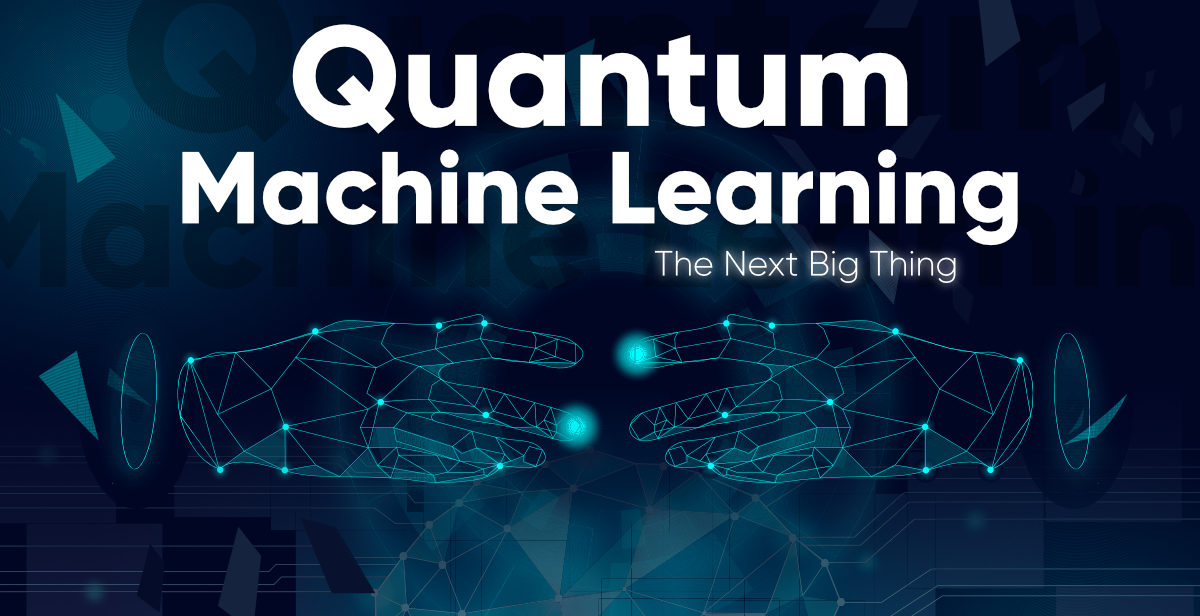Quantum computing and AI are technologies of change, and AI requires quantum computing to make significant progress. Although artificial intelligence develops functional applications with classical computers, it is limited by the computational capabilities of classical computers. Quantum computing supports AI processing, enabling it to handle more complex problems and AGI.
What is quantum AI?
Quantum AI is the use of quantum computing to calculate machine learning algorithms. Thanks to the computational advantages of quantum computing, quantum AI can help achieve results that would not be possible with classical computers.
What is quantum computing?
Quantum mechanics is a universal model that differs from the principles observed in everyday life. Quantum data models are needed to process data with quantum computation. Hybrid classical-quantum models are also important for correcting quantum computation errors and the proper functioning of quantum computers.
- Quantum data: Quantum data can be thought of as qubit data packets for computerization. However, quantum data is difficult to observe and store due to properties that make it valuable, such as superposition and entanglement. Furthermore, quantum data is noisy, so it is important to apply machine learning in the process of correctly analyzing and interpreting this data! Visit here.
- Hybrid quantum-classical model: It is possible to obtain meaningless data by using a quantum processor to generate quantum data. Therefore, hybrid models emerge when supported by high-speed data processing mechanisms such as CPU and GPU commonly used in classical computers.
- • Quantum algorithm: an algorithm is a series of steps that lead to the solution of a problem. To perform these steps on a device, you need to use a special instruction set designed for running the device. Quantum computing offers a different set of instructions based on a completely different idea of execution than classical computing. The goal of quantum algorithms is to use quantum effects such as superposition and entanglement to get solutions faster.
Why is it important?
Although AI has progressed rapidly over the past decade, it has not exceeded its technical limitations. The unique nature of quantum computing can remove obstacles to achieving Artificial General Intelligence (AGI). Quantum computing can be used to accelerate the training of machine learning models and create better algorithms. Better and more stable AI based on Quantum Computing can quickly complete years of analysis and lead to technological advancements. Neuromorphic cognitive models, adaptive machine learning, or thinking under uncertainty are some of the biggest challenges AI faces today. Quantum AI is one of the possible solutions for next-generation AI.
You can also our list of AI tools and services:
Ø Data Science / ML / AI Platform
How does quantum AI work?
Recently, Google announced TensorFlow Quantum (TFQ), an open-source library for quantum machine learning, in partnership with the University of Waterloo, X, and Volkswagen. TFQ aims to provide the necessary tools to control and model natural or artificial quantum systems. TFQ is an example of a combination tool that combines quantum modeling and machine learning techniques! Visit here.

